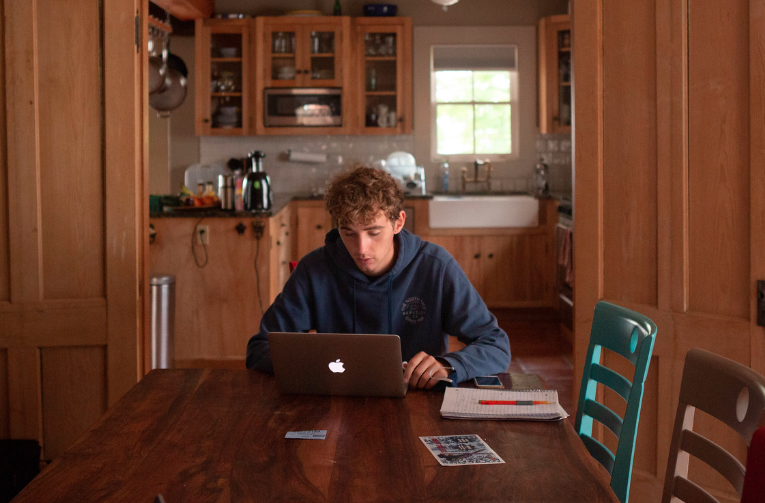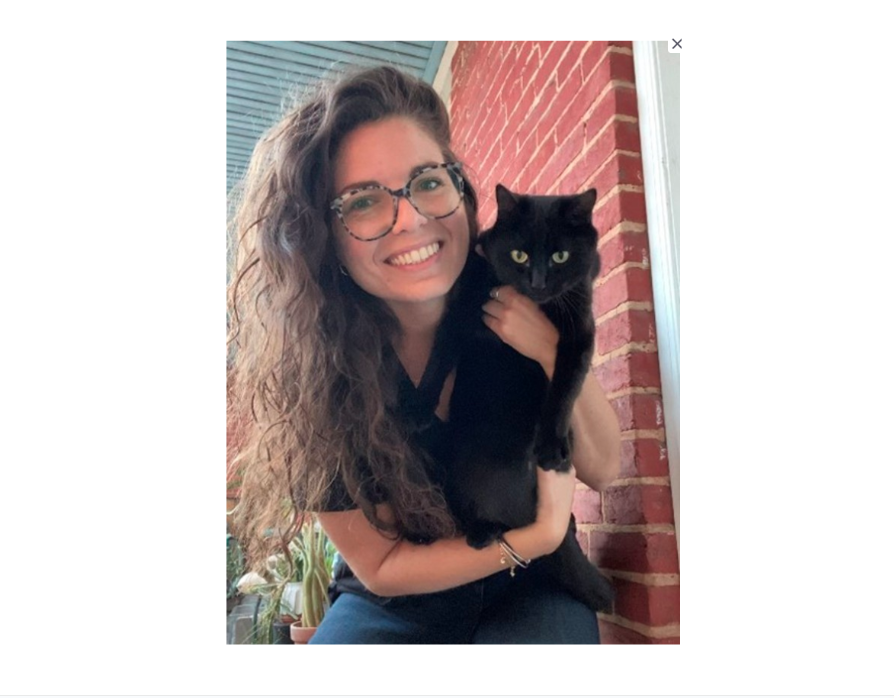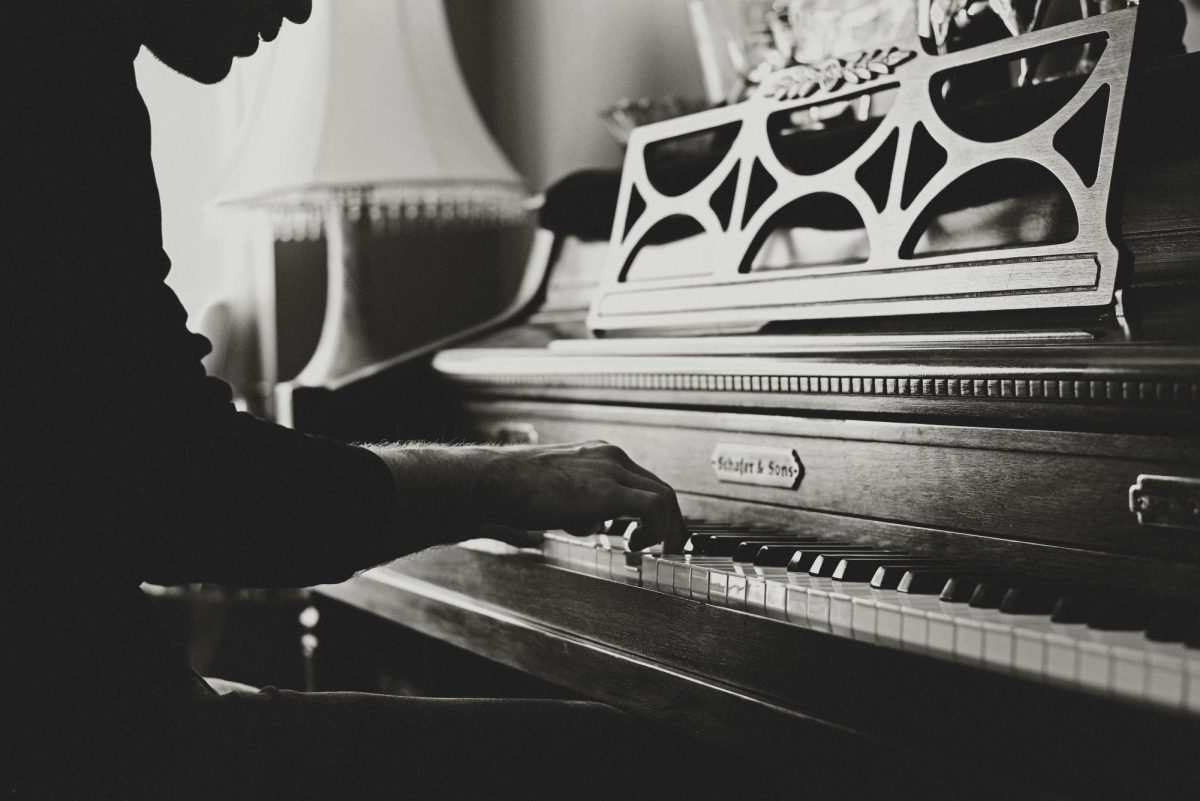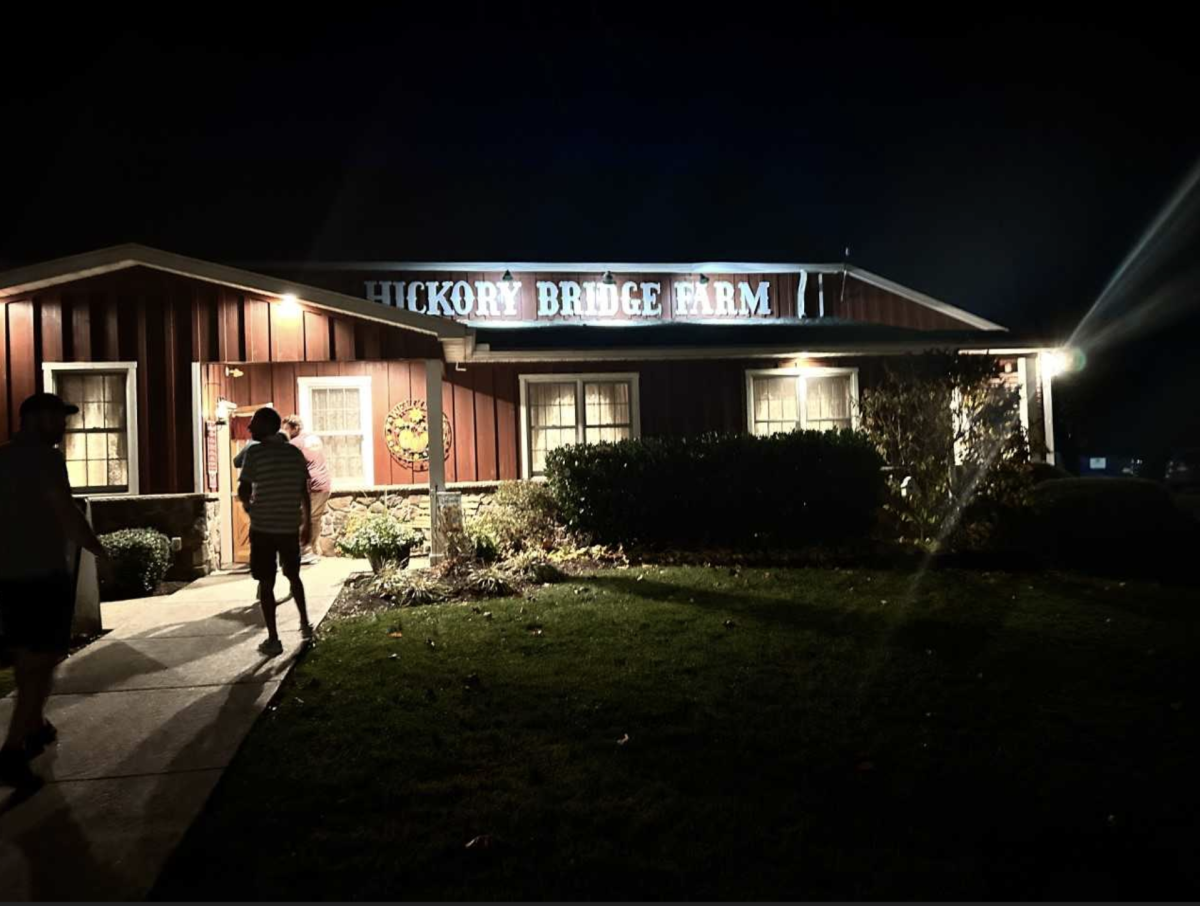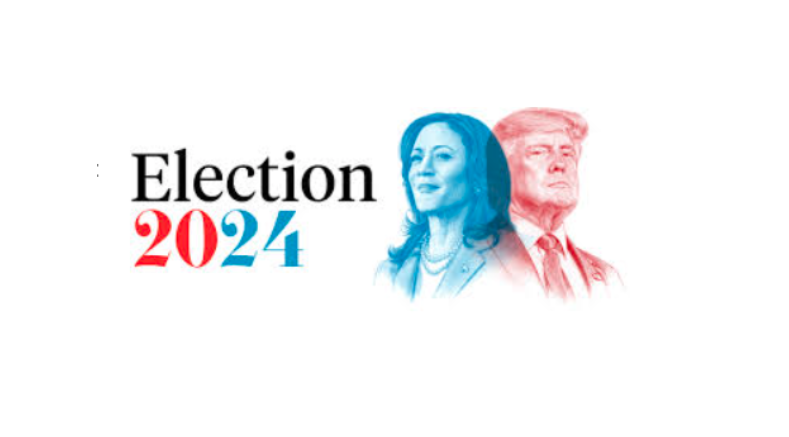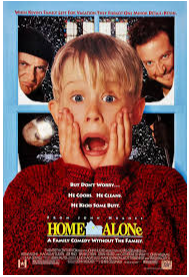
In an era where the music landscape is constantly evolving, Billie Eilish’s second studio album, *Happier Than Ever*, emerges as a landmark of artistic maturity and emotional depth. Released on July 30, 2021, the album captures the intimate and often turbulent journey of a young artist navigating fame, identity, and personal growth. With her signature haunting vocals and poignant lyrics, Eilish invites listeners into her world, one marked by introspection and vulnerability.
Billie Eilish’s rise to stardom was meteoric, and with success came the inevitable scrutiny and pressure. *Happier Than Ever* reflects how the singer-songwriter reconciles her public persona with her private self. The album’s opener, “Getting Older,” sets the tone, unraveling the complexities of coming of age under the spotlight. It’s a somber reflection; Eilish acknowledges the transformation she’s undergone and the liberation she seeks from past constraints.
Musically, *Happier Than Ever* is a blend of genres, showcasing Eilish’s versatility and willingness to experiment. There’s a seamless fusion of pop, jazz, trip-hop, and even bossa nova, each track meticulously crafted with the collaborative genius of Eilish and her brother, Finneas O’Connell. Songs like “My Future” and “Billie Bossa Nova” offer a glimpse into her evolving sound, while staying true to the minimalist style that first captivated her audience.
One of the most poignant aspects of *Happier Than Ever* is its rawness. Tracks like “Not My Responsibility” and “OverHeated” delve into the commodification and objectification of artists in the media. Here, Eilish asserts control over her narrative, challenging societal norms and expectations. It’s a powerful commentary on the intrusive nature of fame and a declaration of independence from external pressures.
The title track, “Happier Than Ever,” is perhaps the most striking example of Eilish’s narrative and emotional prowess. The song builds from a serene melody into an intense crescendo, mirroring the emotional catharsis it conveys. It’s an anthem of self-discovery and empowerment, resonating with listeners who have experienced the tumult of unbalanced relationships and personal trials.





